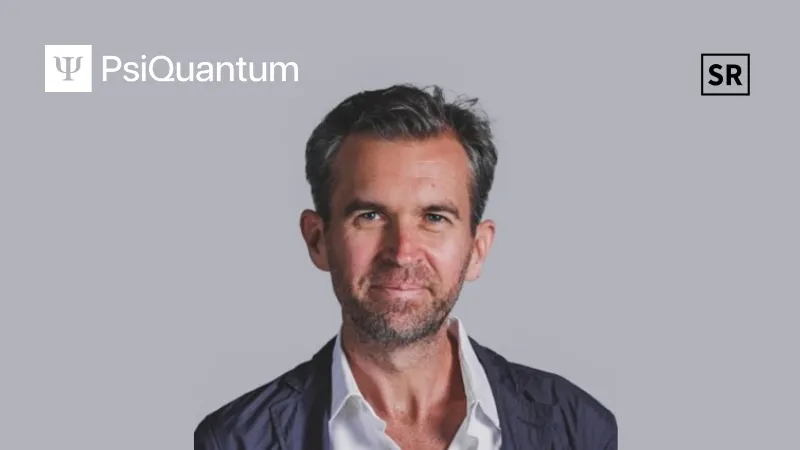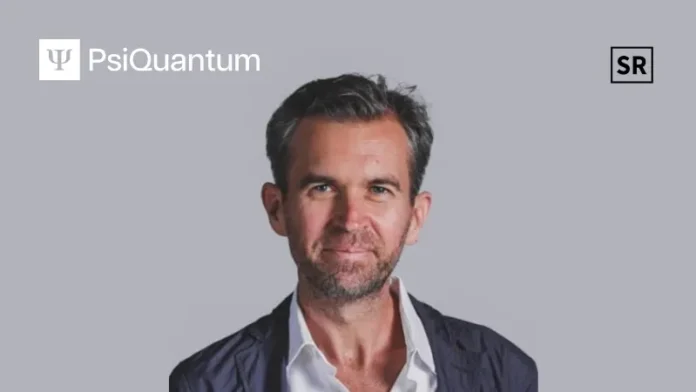
PsiQuantum has raised $1 billion in its Series E funding round to build the world’s first commercially useful, fault-tolerant quantum computers. The funding will enable the company to establish large-scale quantum computing sites in Brisbane and Chicago, develop prototype systems for testing and validating their architecture, and enhance the performance of their quantum photonic chips and fault-tolerant design.
The funding round, led by BlackRock, Temasek, and Baillie Gifford, values PsiQuantum at $7 billion. New investors in the round include Macquarie Capital, Ribbit Capital, NVentures (NVIDIA’s venture arm), Adage Capital, Qatar Investment Authority, Type One Ventures, Counterpoint Global (Morgan Stanley), 1789 Capital, and S Ventures (SentinelOne). Existing investors like Blackbird, Third Point Ventures, and T. Rowe Price also took part.
PsiQuantum was founded on the idea that commercially useful quantum computers need error correction, which requires about a million physical qubits. Teams around the world are trying to build such fault-tolerant systems, but they face big challenges with manufacturing, cooling, and networking.
PsiQuantum believes that using photonic qubits along with high-volume semiconductor manufacturing offers a faster and more practical way to overcome these challenges.
“Only building the real thing—million-qubit-scale, fault-tolerant machines—will unlock the promise of quantum computing,” said Prof. Jeremy O’Brien, PsiQuantum co-founder and Chief Executive Officer. “We defined what it takes from day one: this is a grand engineering challenge, not a science experiment. We tackled the hardest problems first—at the architectural and chip level—and are now mass-manufacturing best-in-class quantum photonic chips at a leading U.S. semiconductor fab. With this funding, we’re ready to take the next decisive steps to deliver the full potential of quantum computing.”
“Nearly nine years after we started, we have pushed the technology to an unprecedented level of maturity and performance” said Dr. Pete Shadbolt, co-founder and Chief Scientific Officer. “We have the chips, we have the switches, we have a scalable cooling technology, we can do networking, we have found the sites, we have the commercial motive and the government support – we’re ready to get on and build utility-scale systems”
In addition to funding from NVentures, PsiQuantum is working closely with NVIDIA on several areas, including quantum algorithms, software, GPU-QPU integration, and its silicon photonics platform.
Since its Series D round in 2021, PsiQuantum has set up a high-volume manufacturing process for its integrated photonic chipset, which contains all the components needed for photonic quantum computing and performs better than current technologies. This chipset is designed by PsiQuantum and made at GlobalFoundries’ Fab 8 in New York, a large commercial semiconductor factory.
PsiQuantum has added Barium Titanate (BTO) into its manufacturing process. BTO is one of the best electro-optic materials in the world, making it perfect for ultra-high-performance optical switches, which are essential for scaling optical quantum computing. The company makes 300mm BTO wafers in California and combines them with wafers made at GlobalFoundries.
The new funding will help PsiQuantum increase BTO production to meet the needs of utility-scale quantum computing. These BTO-based optical switches could also be used in next-generation AI supercomputers, where low-power, high-speed optical networking is becoming very important.
Besides the photonic chips that create, manipulate, and measure qubits, PsiQuantum also develops cooling, networking, and control systems for large quantum machines. Unlike many quantum systems that use “chandelier”-style cryostats, PsiQuantum uses a modular, datacenter-style cooling system capable of cooling hundreds of quantum chips in a single cabinet.
The company has also shown high-fidelity quantum networking between distant cabinets using standard telecom fiber, which is crucial for building utility-scale quantum computers.
Read more- Ex-Monday Executives Launch Blocks, Raise $10M Seed Round from Former Employer





